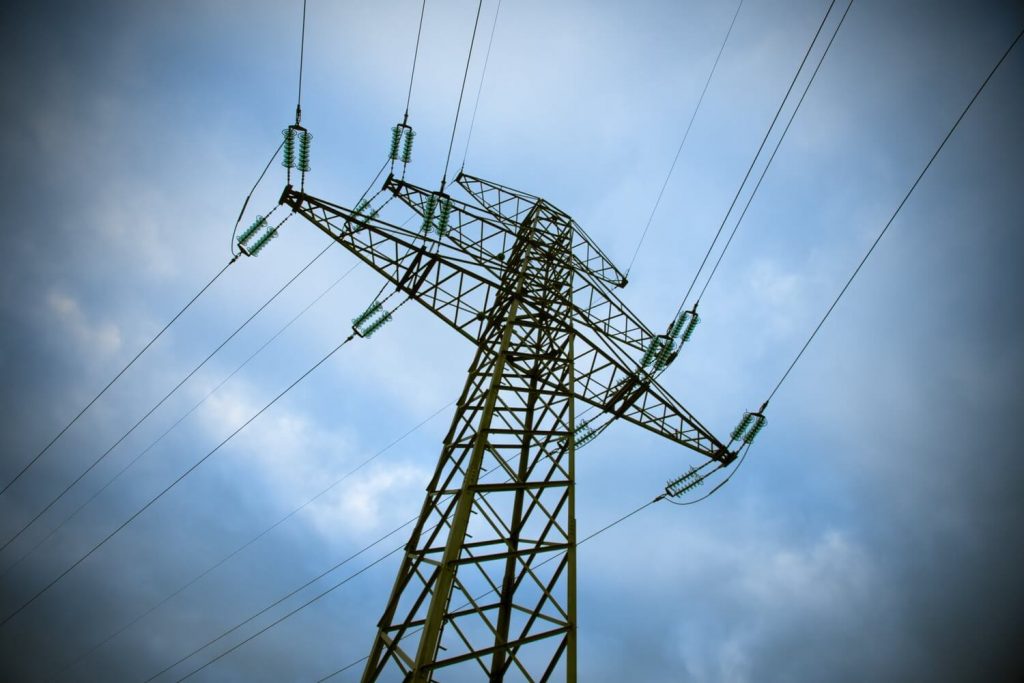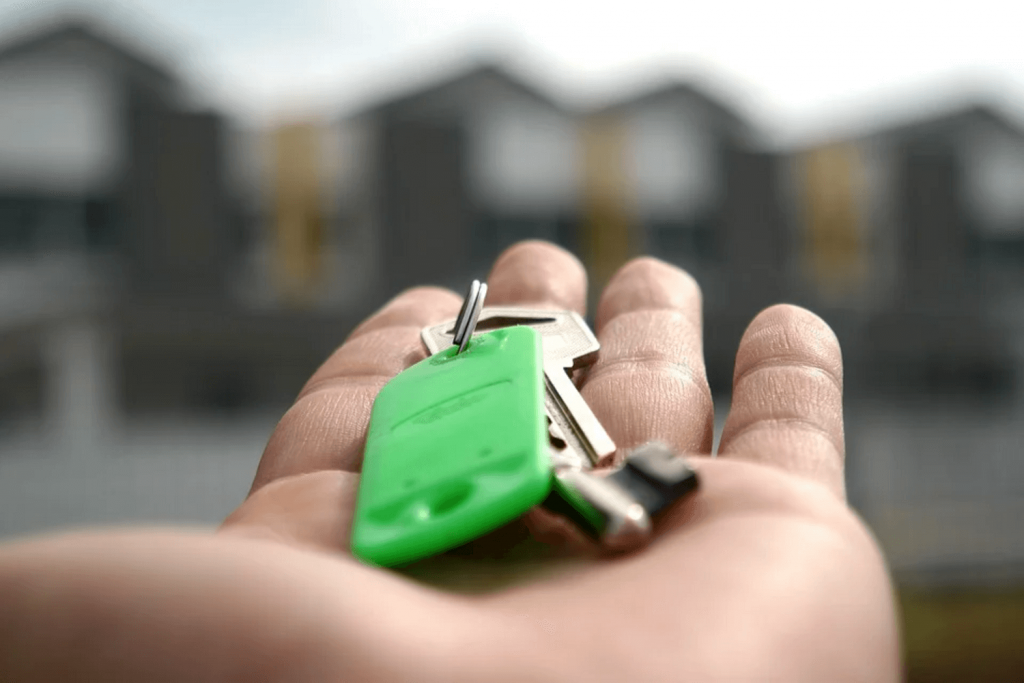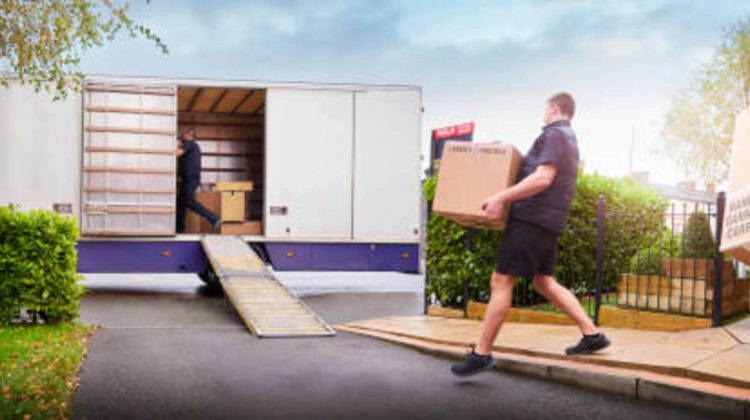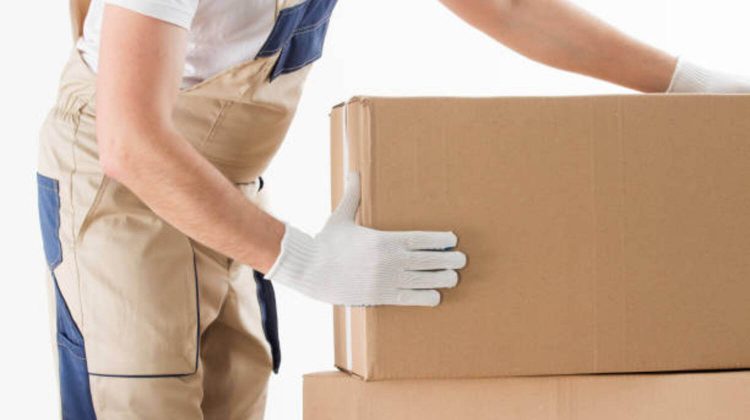At last! You’ve finally arrived at your new place. You heave a sigh of relief but, alas! You’re just halfway through the battle. Yeap, moving is hard work, whether you’re transferring within town or relocating across states. You’ve probably already discovered that there’s a lot of packing, lifting, and schlepping involved. But now that you’re actually at your destination, the real work begins. With everything going on, here are eight things you should take care of right after moving.
1. Do an Inspection of Your New Home
Before getting too excited, do a walkthrough of your new home to identify issues the house may have. Are the lights working? What about utilities? Don’t assume anything, since this is your future place and you don’t want to miss anything important. Make sure to write it down on a checklist so that you won’t forget about each one. If there are some damages or problem that goes against the lease or sale agreement, take photos of the issue, contact the previous homeowner or landlord then discuss the agreed repairs be done appropriately. It is your right to receive a well-defined home, after all.

2. Check Boxes for Damage
Whether you like it or not, there’s a high chance that your boxes will be damaged during transit. Be sure to inspect every package before unpacking while the movers are still around. This way, if you catch any problem, you can easily report it to the moving company for compensation. If the movers have already left before you spot a problem, take pictures of the damage immediately as proof that it happened during the move.
3. Childproof and Pet Proof before Unpacking
Unpacking can be a hassle, but it can even be more frustrating with pets and children running around. Worse, your belongings can be damaged, or someone will get hurt. This can incur additional expenses that make your overall moving costs jump higher. That said, it shouldn’t be difficult to handle. Just take a few moments to childproof and pet-proof before unpacking your things. Do this by creating a kid-free / pet-free zone or putting them inside the bedroom occupied while you do your thing in the living room.
4. Unpack the Essentials Box First
If you’ve prepared a box of essentials, now is the time to unpack it. You will need it to survive the first few days. Make sure you place the box’s contents (toiletries, meds, utensils, where you can easily access them.
5. Unpack One Room at a Time
As much as you’re excited about testing your new bed, don’t unpack everything in just one shot! This can cause confusion, headaches, or worse, mental breakdowns. Instead, unpack only one bedroom then move on to another room or floor in small packs. This way, you can orient yourself in the new environment and see what kind of layout you will be setting up soon.

6. Label the Power Switches (For Now)
It’s easy for us adults to remember where we’ve placed our appliances, so it may seem unnecessary to label them at first glance. But what about young children? They might not be able to read yet or follow instructions, so they could inadvertently turn off the power supply of your home appliances when playing around inside the house. With a permanent marker in hand, label each appliance’s corresponding switch with its name, such as “AC” for aircon and “LCD TV” for the television set. Not only does this provide convenience, but it makes your home safer as well.
7. Set a Segregation System for the Trash
The entire unpacking process leaves you with a mountain of trash, and it can be easy to forget about the trash bag somewhere in some dark corner. However, the first thing you must do after moving into your new house is making sure that the garbage is properly taken care of. First, make sure everyone in your family knows where collection bins are for recycling, paper products, plastics, etc. Secondly, note what day trash services will pick up your cardboard boxes or recycling bins. You don’t want to wake up on Tuesday morning with a mountain of junk lying around!
8. Ensure That Utilities are Up and Running
What’s worse than just unpacking all your boxes? Realizing that there’s no Internet, or the lights are out, or that there’s no water running to quench your thirst. Avoid this by either confirming with the landlord or service provider that all utilities are up and running, or if it is your new house, hiring an electrician to come over to make sure everything is working correctly. More importantly, you should check in with your old service providers to ensure you don’t leave them with an unpaid bill.

You’re Almost Done
Moving is by no means an easy task. You should be proud of yourself for overcoming the odds and challenges. That being said, use the tips above to fully wrap up your relocation. Enjoy this new chapter in life!






